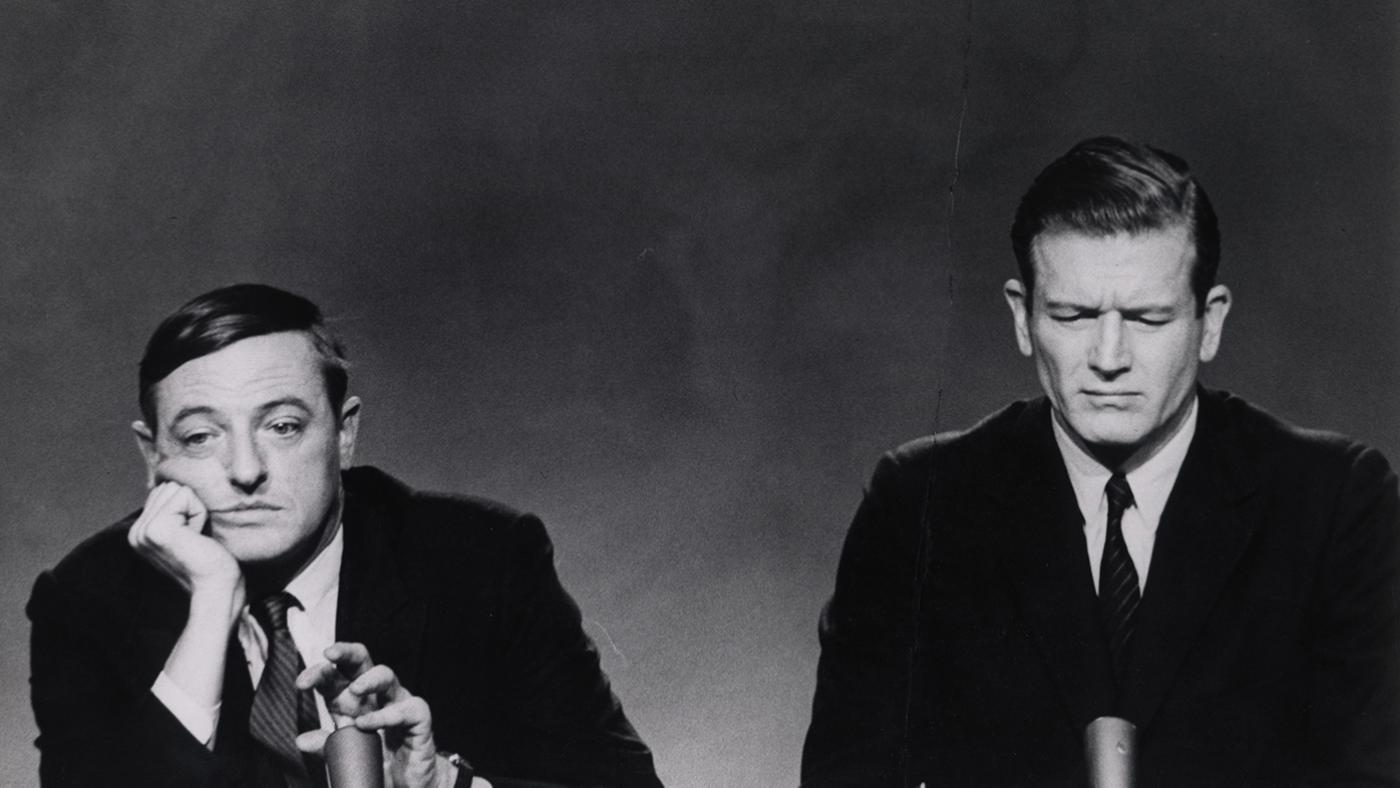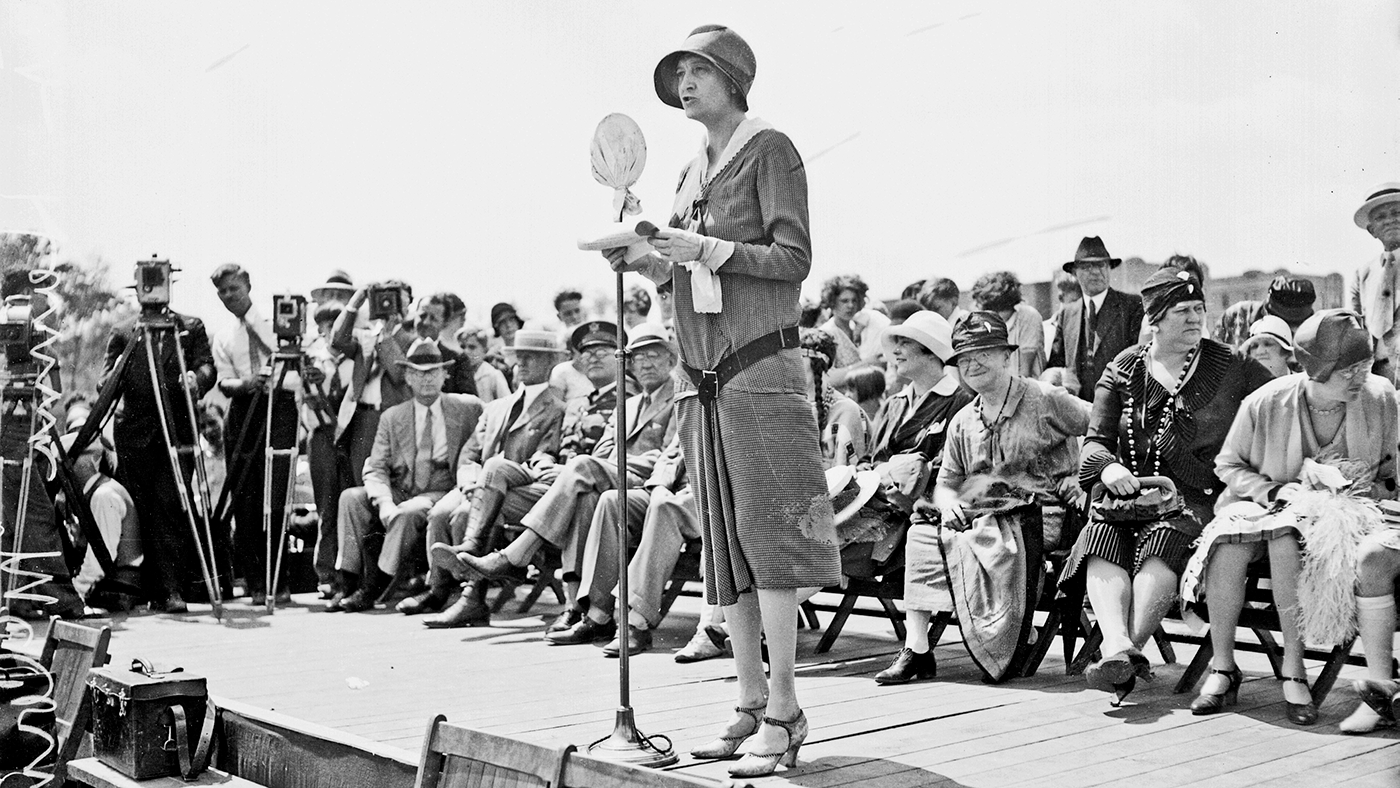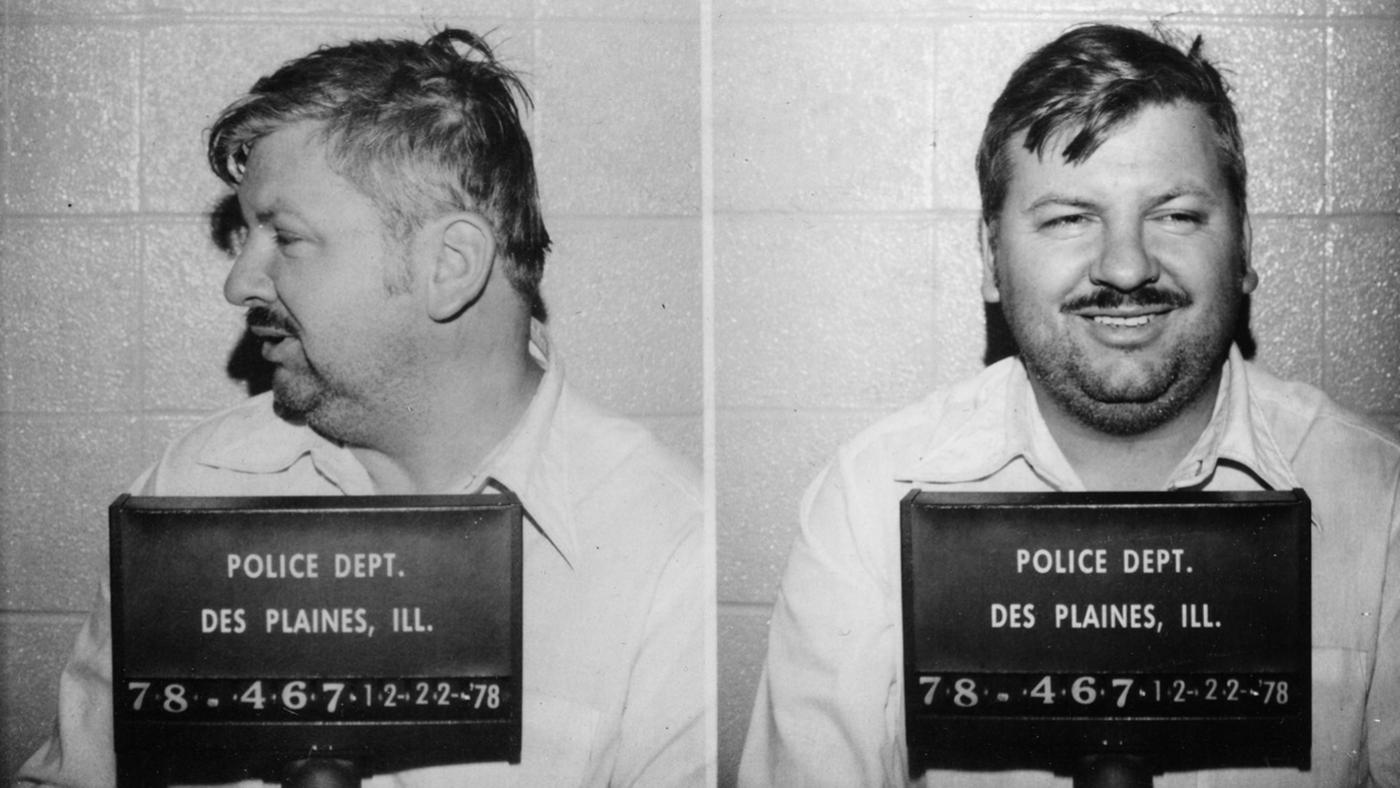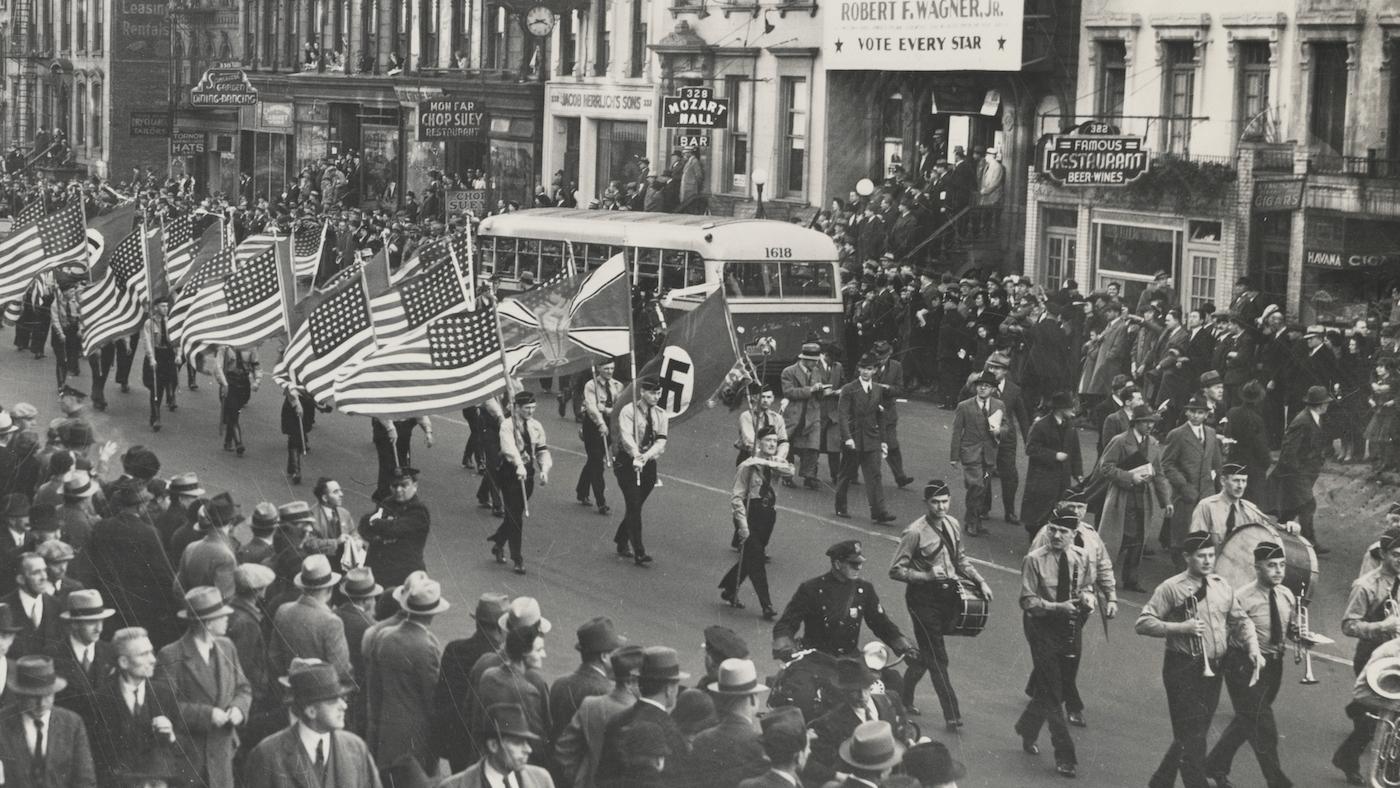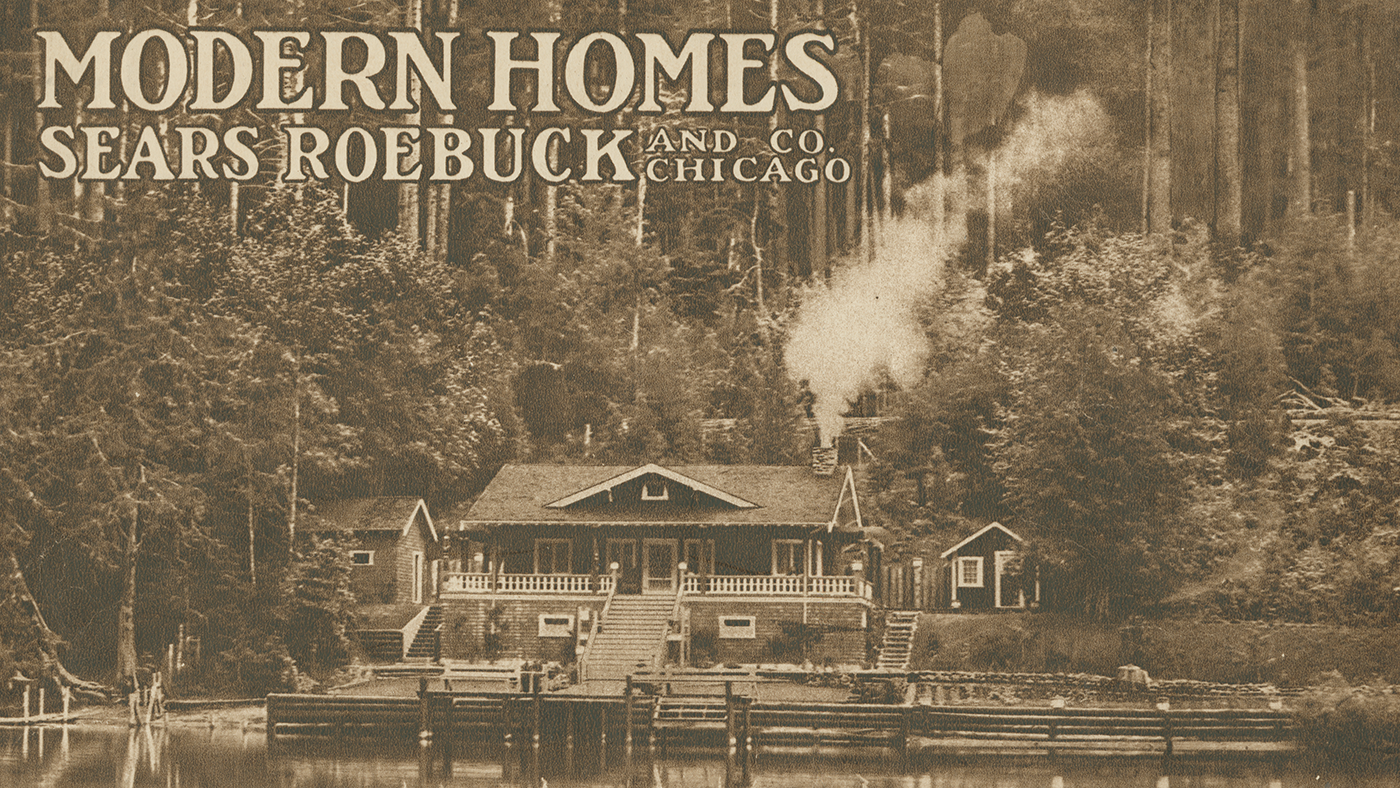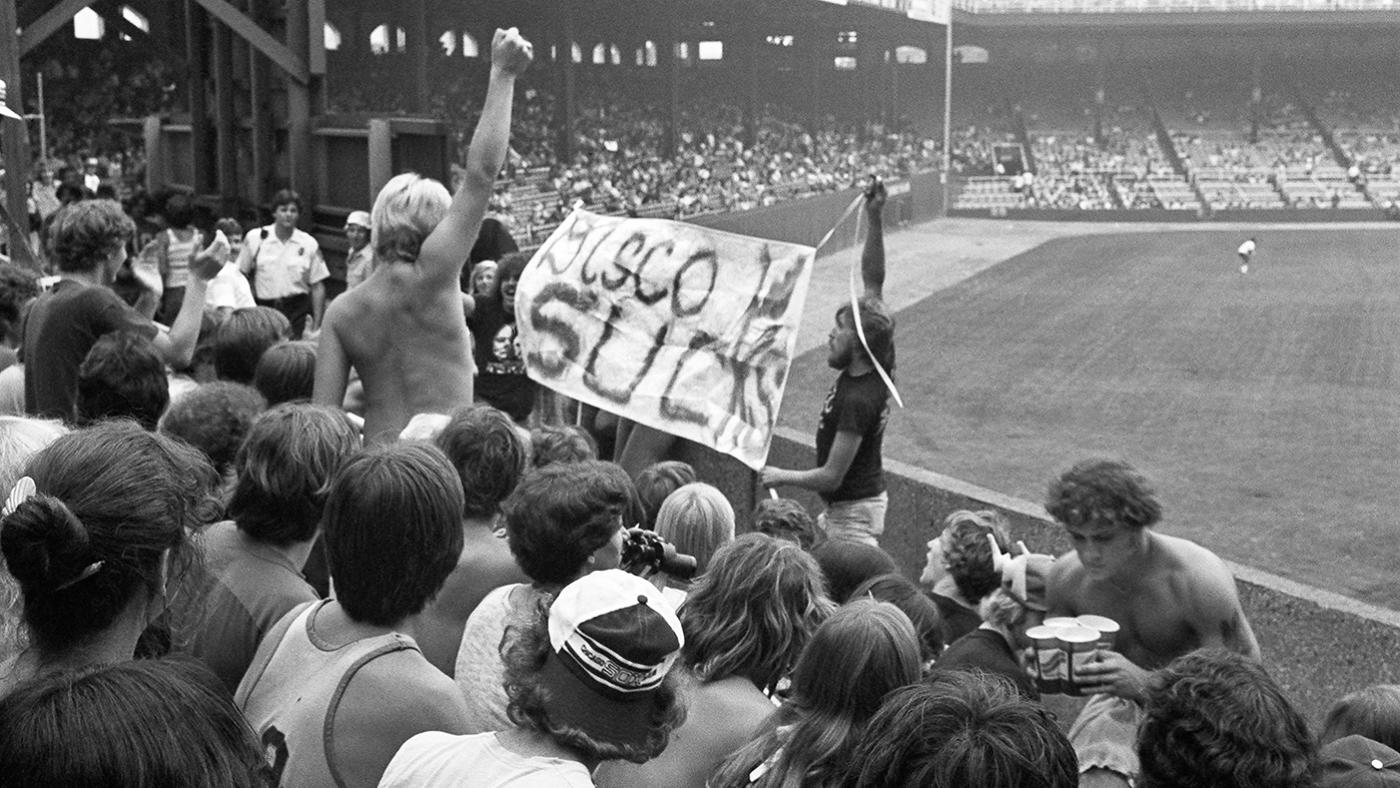On This Day in Chicago History: MLK Visits the Century of Negro Progress Exhibition
Daniel Hautzinger
August 18, 2023
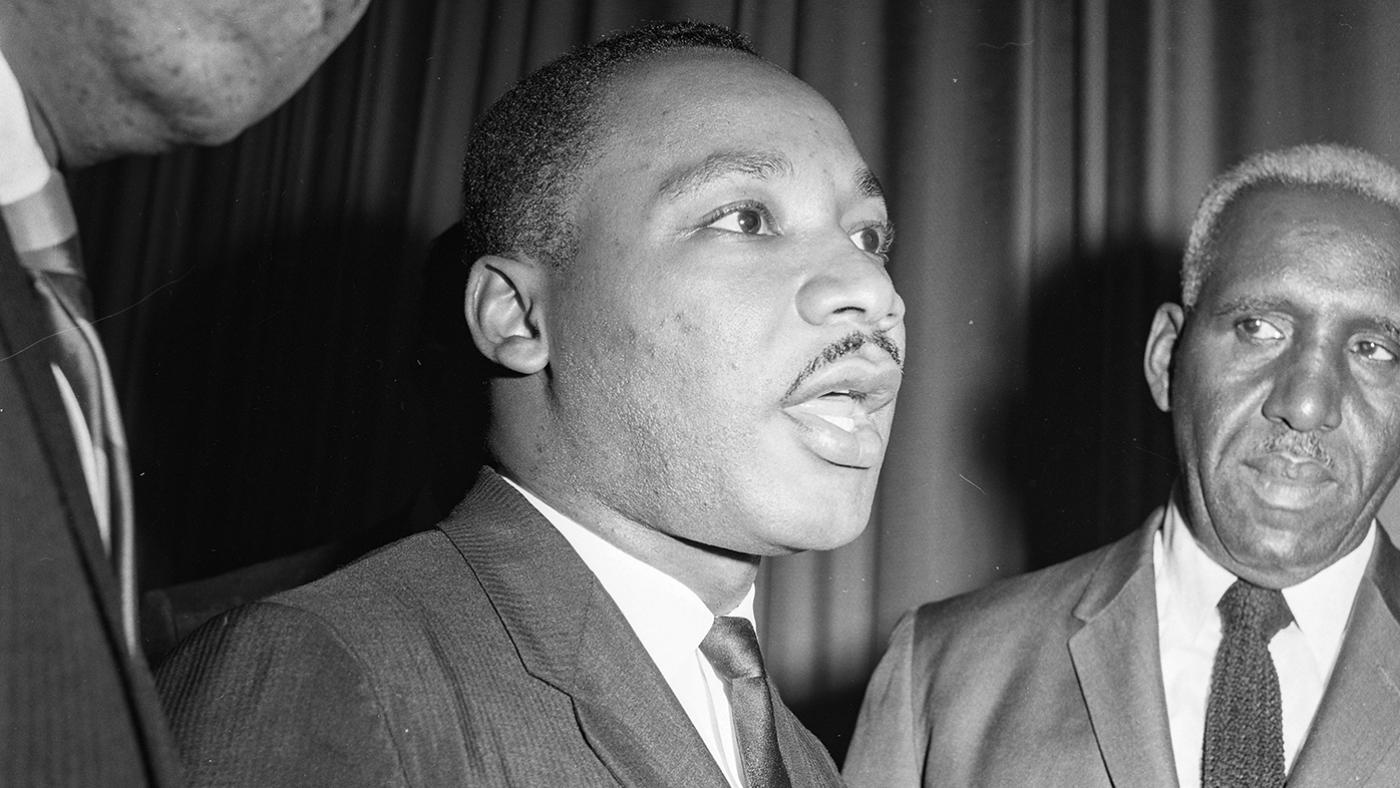
We often hear about Martin Luther King, Jr.’s 1966 campaign for fair housing in Chicago, but that was not the only time he visited Chicago. Sixty years ago today, just ten days before he made his famous “I Have a Dream” speech during the March on Washington, King came to Chicago to attend a celebration of another historic moment that took place a hundred years earlier.
The Century of Negro Progress Exhibition was held at McCormick Place in 1963 from August 16 through September 2 to commemorate a century since the signing of the Emancipation Proclamation and showcase the accomplishments of Black people since slavery was abolished in the Confederate States.
“The purpose is to take due notice that Negro Americans were released from human bondage in 1863 and to make appropriate observance in 1963 of the century of experience which has intervened,” said Alton Davis, the chief organizer of the exhibition. (Davis is pictured with King at the exhibition in the above Chicago History Museum photo from August 18, 1963.)
Exhibits covered the contributions of African Americans to twenty-one fields, from music to law to labor to sports. Inventions by Black innovators were on display, as was a first draft of the Emancipation Proclamation in Abraham Lincoln’s handwriting, guarded by two Illinois state troopers and insured for one million dollars.
There was also a stage show put together by Duke Ellington that was performed throughout the exhibition at the Arie Crown Theater at McCormick Place. Called My People, it praised the courage of King and the civil rights movement in a reworking of the spiritual “Joshua Fit the Battle of Jericho” as “King Fit the Battle of Alabam’.” The song memorialized the campaign against segregation in Birmingham, Alabama led by King earlier that year, referencing freedom riders, police dogs, and the notorious commissioner of public safety Eugene “Bull” Connor.
King continued that movement days after visiting Chicago in the March on Washington on August 28. During his speech in front of the Lincoln Memorial, he invoked the Emancipation Proclamation that was concurrently being celebrated in Chicago. "Five score years ago, a great American, in whose symbolic shadow we stand, signed the Emancipation Proclamation,” he began, continuing, “But one hundred years later, we must face the tragic fact that the Negro still is not free.”

